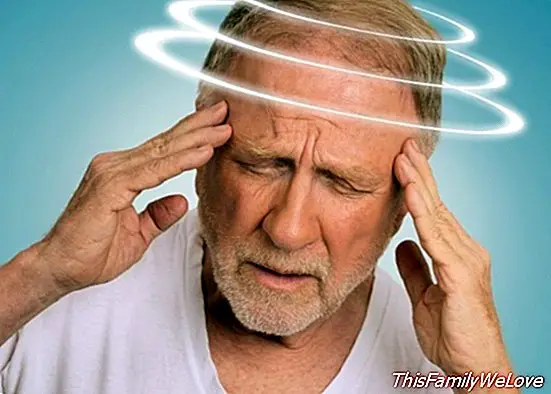Stroke has increased 40% in the last 15 years

Currently, the ictus is the cerebrovascular disease which represents the second cause of death and the first cause of disability in adults in Western countries. According to data from the Spanish Society of Neurology (SEN) each year affects 110,000-120,000 people in Spain. In our country it is the second cause of mortality, the first in women, and it also represents the biggest reason for disability, since the majority of patients affected by a stroke suffer sequelae that, in 40% of cases, disable them for perform daily activities.
Stroke, a growing disease
In the last 15 years, the number of patients treated for cerebrovascular diseases has increased by 40 percent, making them the eighth cause of hospitalization.
Thanks to prevention and early detection, mortality due to ictus is increasingly low, but as the new report "Observatory on the care of cerebrovascular disease in Spain" notes, although in the last 20 years there has been a downward trend in mortality, cerebrovascular diseases are the cause of 8% of total deaths in hospitals of the National Health System. "In addition, we expect an increase in the incidence and prevalence of this disease in the coming years due to the progressive aging of the population," says Dr. Jaime Gàllego Culleré, Coordinator of the Study Group of Cerebrovascular Diseases (GEECV) of the Society Spanish Neurology (SEN).
Stroke prevention
Among the main risk factors of stroke include hypertension, diabetes, metabolic syndrome, sleep apnea or heart disease, so it is especially important to avoid smoking and alcohol, and control cholesterol and obesity.
To publicize the importance of prevention and learn to identify the warning signs of a possible stroke, different hospitals throughout Spain have set up several information points where tests for stroke prevention are carried out.
Some of the symptoms that can alert of the presence of a stroke are:
- Loss of strength Sudden face, arm and / or leg on one side of the body
- Sudden sensitivity disorder.
- Feeling of "tingling or tingling" of the face, arm and / or leg on one side of the body.
- Sudden loss of vision partial or total in one or both eyes.
- Sudden alteration of speech, difficulty in expressing oneself and being understood by those who listen to us.
- Sudden headache of unusual intensity and without apparent cause.
- Feeling of vertigo, imbalance if it is accompanied by any previous symptom.
In view of these symptoms, it is convenient to call an emergency department or go to the nearest hospital, even if the symptoms disappear after a few minutes.
Stroke can be recovered
The treatment of rehabilitation, secondary prevention and socio-health care is fundamental in people who have survived a stroke. The neurorehabilitation of stroke acquires the same importance as the rest of the phases that make up the stroke.
Currently, stroke is the neurological disease that generates a greater number of hospital admissions in Spain-70% of neurological admissions-and one of the pathologies that require a longer hospital stay and, consequently, a higher cost for healthcare systems. Stroke is responsible for 3-6 percent of total health expenditure.
Marisol Nuevo Espín
Advice: Ana Pérez Menéndez. Spanish Society of Neurology




